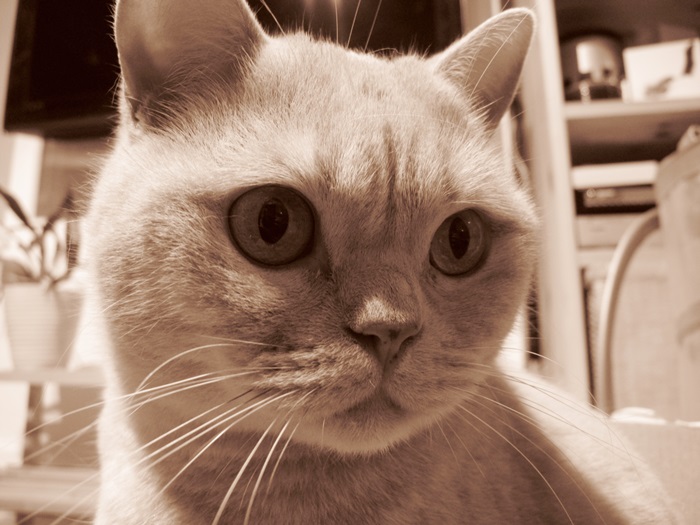
We need your help! Could your cat be a feline blood donor?
Finding a suitable donor match for a cat can be difficult and feline blood can’t be stored. It really is the difference between life and death.
We’re compiling a register of potential donors to help critically ill patients when time is of the essence. Internal Medic Jane Scott gives us some information regarding transfusions, what makes a donor cat and what to do if you think you could help.
Feline Blood Transfusions
A feline blood transfusion can be a life saving procedure and is not infrequently required in our veterinary practice.
There are a variety of conditions that can result in a severe anaemia in cats and therefore the need for feline blood transfusions. Broadly speaking these are:
- haemorrhage (for example after a road traffic accident or ingestion of rat poison)
- haemolysis (where the red blood cells are broken down by the animal’s own immune system)
- condition of the bone marrow with failure of production of new red blood cells
A blood transfusion can offer vital support and can often buy time for diagnostics to be performed and for medical treatment to then bring the underlying condition under control.
Feline Blood Groups
Just as in humans, cats have different blood groups.
There are 3 major feline blood groups which are genetically determined. These are:
- A
- B
- AB
Although group A is the most common (with the majority of moggies group A), the frequency of blood type varies between other breeds.
Siamese, Maine Coon and Bengal cats have a high prevalence of group A and group B is common in the British Shorthair, Cornish and Devon Rex, Exotic and Ragdoll. Group AB is rare in all breeds.
The significance of blood group is that all group B cats have naturally occuring anti-A antibodies (a part of the immune system) in their blood. This means that if a group B cat receives blood from a group A donor then the antibodies will recognise the blood as ‘foreign’ and will attack it resulting in a severe and often fatal reaction.
Some group A cats also have anti-B antibodies meaning they too may develop severe reactions if given incompatible blood. It is therefore very important that cats should be blood typed prior to a transfusion and blood typing can be performed quite simply with an in practice test.
Requirements of a Feline Blood Donors
Unfortunately, feline blood cannot be stored so, unlike the situation with our canine patients, we do not have a feline blood bank available.
We are therefore reliant on finding a suitable donor at the time that the blood is required.
A donor cat should be:
- healthy and fully vaccinated
- less than 8 years of age
- weigh over 4.5kg
Feline Blood Transfusion Process
Before each donation, a full clinical examination is performed together with a blood pressure check and a blood screen to check the health of the donor and to rule out any infectious diseases that could be transmitted via the blood.
A light sedation is given and the blood slowly collected via the jugular vein in the neck. The volume of blood removed is replaced with fluid via an intravenous drip. Once the donor has recovered from the sedation and the drip finished he/she can be discharged home for a special treat. The blood is slowly transfused into the recipient cat and often the clinical improvement is rapid.
Unfortunately blood transfusions are often required in an emergency situation and we have limited time to search for a suitable donor. This is also more difficult when the more uncommon group B blood is required.
Offer Your Cat as a Donor
If you would be interested in your cat potentially becoming a blood donor then please contact the Calder Vets Dewsbury surgery on 01924 465592 and one of our vets will discuss the procedure in more detail with you.


News